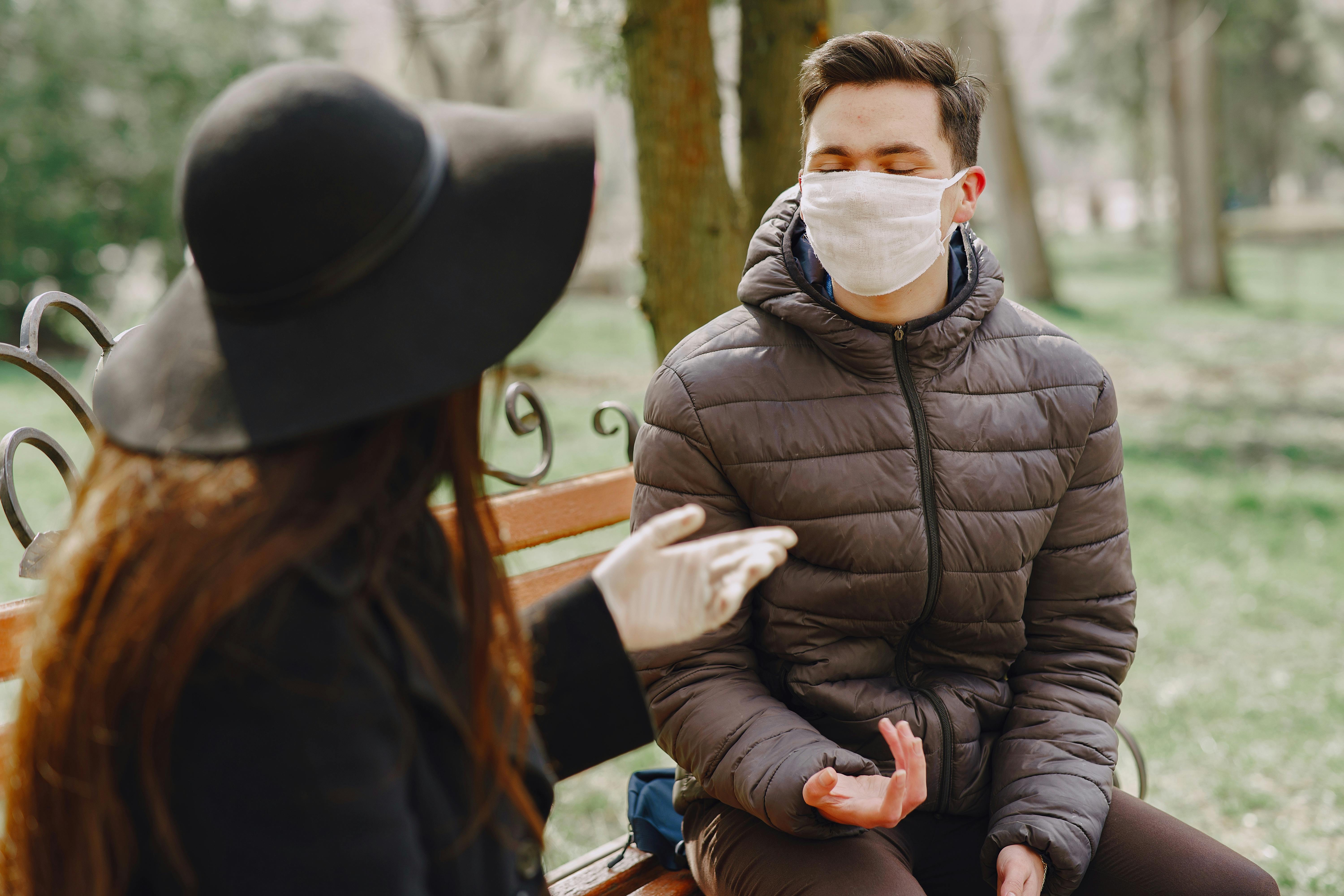Differences and comparisons between therapeutic grade essential oils and pharmaceuticals
Essential oils are becoming more popular today as people discover the powerful effect they can have on not only the physical body but emotional healing as well. There are differences in the oils that are sold in health food stores, grocery stores, and on the Internet. The low price of an essential oil can signal a warning to you, and also if the bottle says “not for internal use,” that’s another red flag. When you put any oil on your skin, it is absorbed into the body internally. The FDA requires the manufacturer to add that warning to their label if there are additives or if the oil has been adulterated. When adulterated and cut with synthetic extenders they can cause rashes, burning and skin irritations. All solvents can cause allergic reactions, in addition to lacking therapeutic effects.
If your body is very acidic, even therapeutic grade essential oils can show a skin reaction with a red rash. This is a personal red flag for you letting you know that your body is very acidic, which means you have a lot of inflammation in your body. It is the inflammation in the body that can kill you.
There are 4 grades of essential oils:
1. Grade A oils are pure therapeutic grade and are usually made from organically grown plants distilled at the proper temperature using steam distillation.
2. Grade B oils are food grade; They may contain synthetics, pesticides, fertilizers, extenders, or carrier oils.
3. Grade C oils are perfume grade and may contain the same type of adulterant chemicals as food grade oils. They usually contain solvents, which are used to obtain a higher yield of oil per harvest. Solvents are normally cancerous.
4. Floral Water is a by-product of the distillation process, of very high quality if it comes from a Grade A distillation process. Consequently, it is of low quality if it comes from poor quality raw materials and/or poor distillation processes . It is usually found in skin and hair products.
When the essential oil is Grade A and therapeutic grade quality, it can be of great benefit to the body. Many people use them as an alternative to prescription drugs. With therapeutic grade essential oils there are no negative side effects as is common with prescription drugs. Let me share with you a graph that I found very interesting.
Comparison of essential oils and pharmaceuticals
Essential oils
Properties
1. Natural, wild or organically grown.
2. Hundreds of constituents, not all known.
3. Never two batches are the same
4. Not patentable (made by God)
Effects and Consequences
5. Restores natural function
6. No Adverse Interactions
7. Antiviral
8. Improves intercellular communication
9. Corrects and restores proper cellular memory (DNA)
10. Clean receptor sites
11. Strengthens the immune system
12. Emotional balance
13. Beneficial Side Effects
14. Leads to independence and well-being
Philosophy/Paradigm
15. Assume well-being as a natural state, invulnerable to disease
16. Assume that the body and mind are capable of self-healing
17. Holistically integrated, body, mind and soul as one unit
18. Develop natural defenses and let the body deal with diseases
19. Treat internally at the level of cellular intelligence
20. Theistic and historical roots in religion when healers were priests.
pharmaceutical products
Properties
1. Not natural, chemically synthetic or genetically modified
2. One or two active ingredients, all known
3. Every batch the same (Purity)
4. Patentable (man-made)
Effects and Consequences
5. Inhibits the natural function
6. Many adverse interactions
7. It is generally not antiviral
8. Disrupts intercellular communication
9. Distortions and confused cellular memory (DNA)
10. Block Receiving Sites
11. Depresses the immune system
12. Emotional imbalance
13. Harmful Side Effects
14. Leads to dependency and chronic disease
Philosophy/Paradigm
15. Assume the natural state prone and vulnerable to disease
16. Assume that the body and mind need external help to heal
17. Fragmented, treat the parts of the body, mind and emotions separately.
18. Supplant natural defenses and attack the disease itself
19. Treat externally at the level of severe symptoms
20. Historical secular roots in materialism motivated by money.
Taken from “The Chemistry of Essential Oils Simplified”
Page 420 By Dr. David Stewart PhD., DNM
As you can see, there is a big difference between essential oils and pharmaceuticals. You have to remember that these comparisons are to grade A therapeutic oils. I hope this helps you understand why they are becoming popular again like they were thousands of years ago before western medicine came on the scene.
